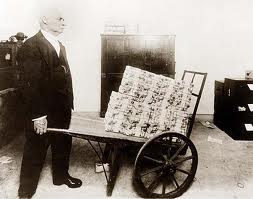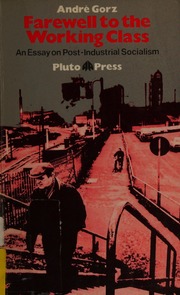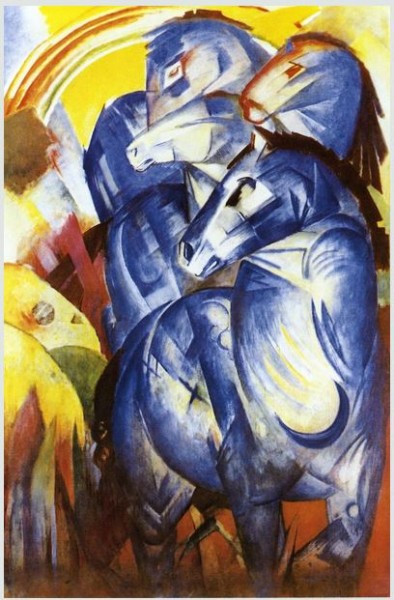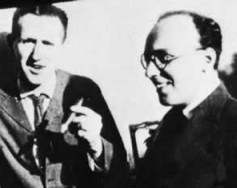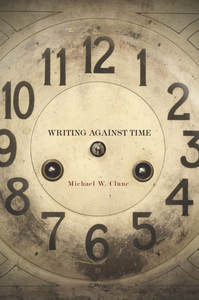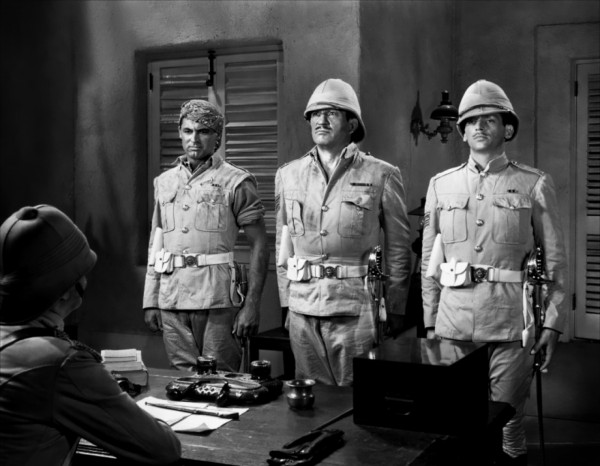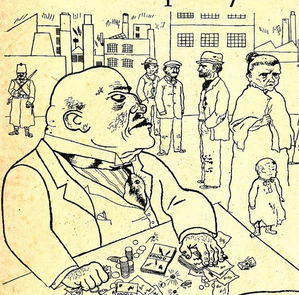
The Time of Capital: Brecht’s Threepenny Novel
The Threepenny Novel is not just a book about capital. It is also a book about Kapital. Brecht’s commentators have amply documented The Threepenny Novel’s numerous borrowings from Marx’s opus, such as the passage describing the death of Mary Ann Walkley, which Brecht quotes virtually verbatim from Marx. But, beyond the content and imagery, correspondences between the two works can also be found at a deeper structural level. Indeed, far more intriguing for our inquiry are certain parallels in the construction that raise questions about the aesthetic strategies Brecht borrowed from Marx to represent capital.



